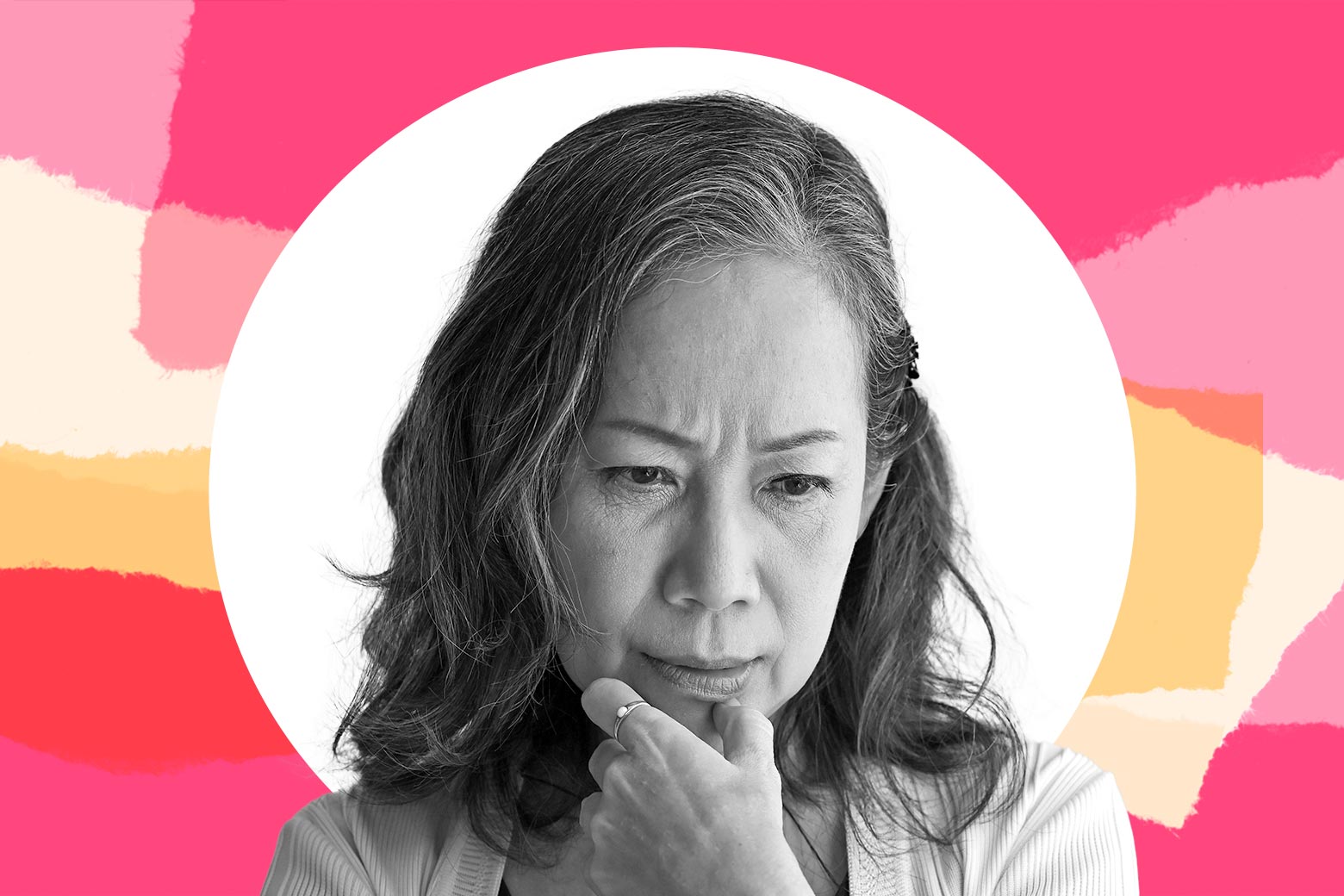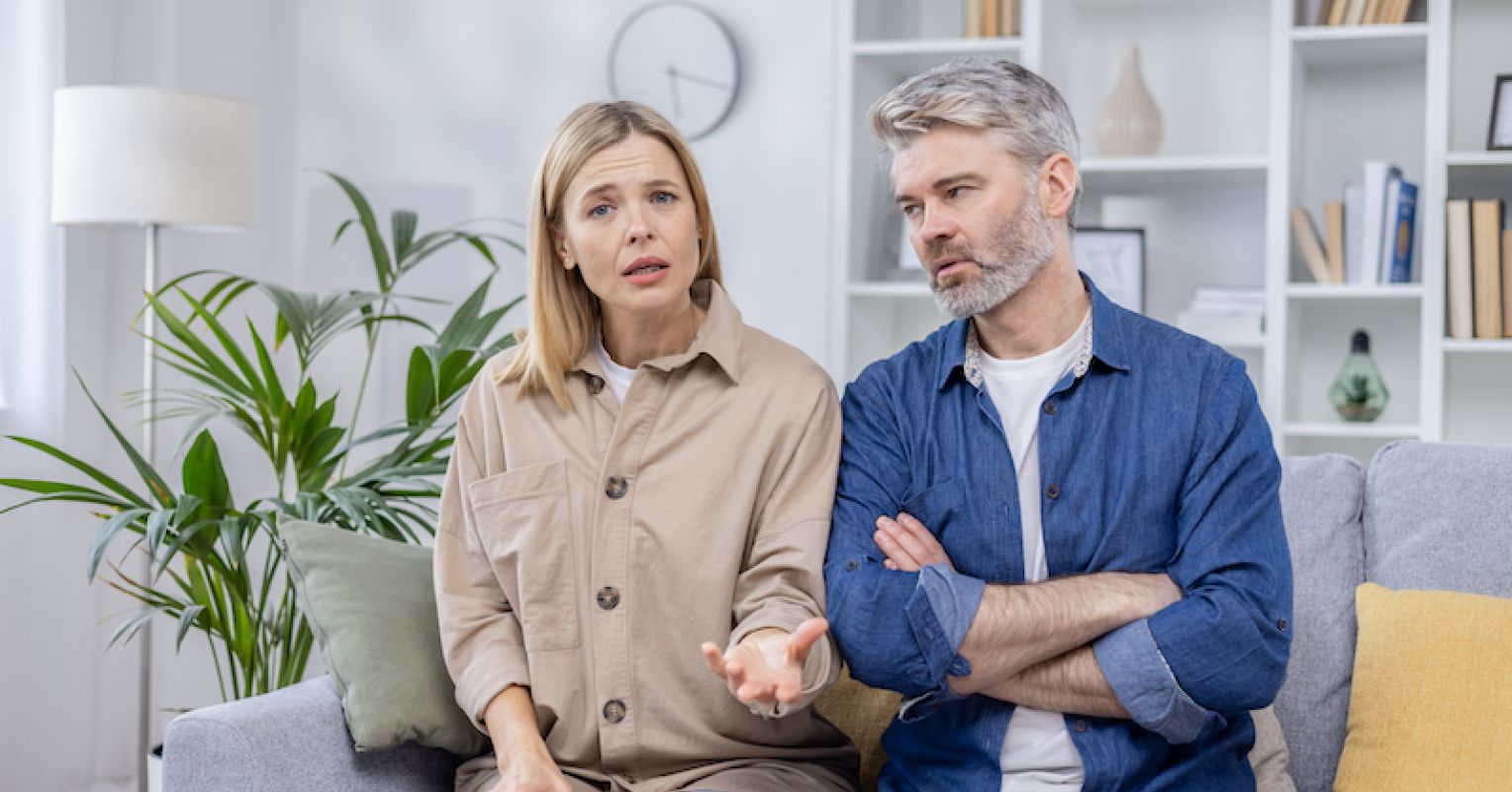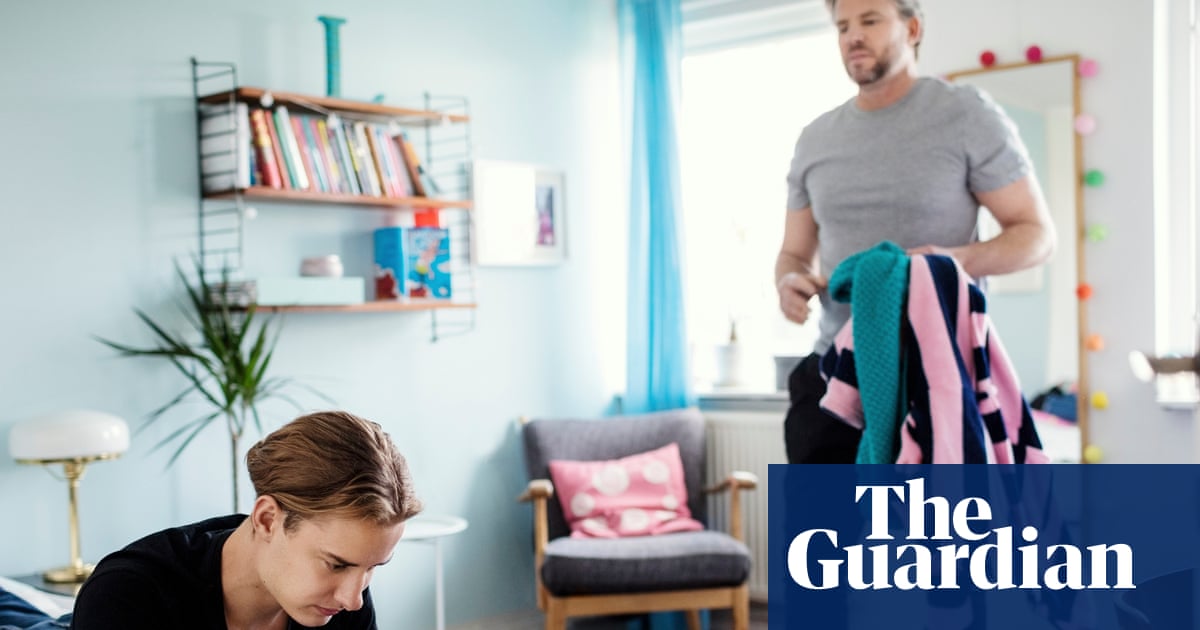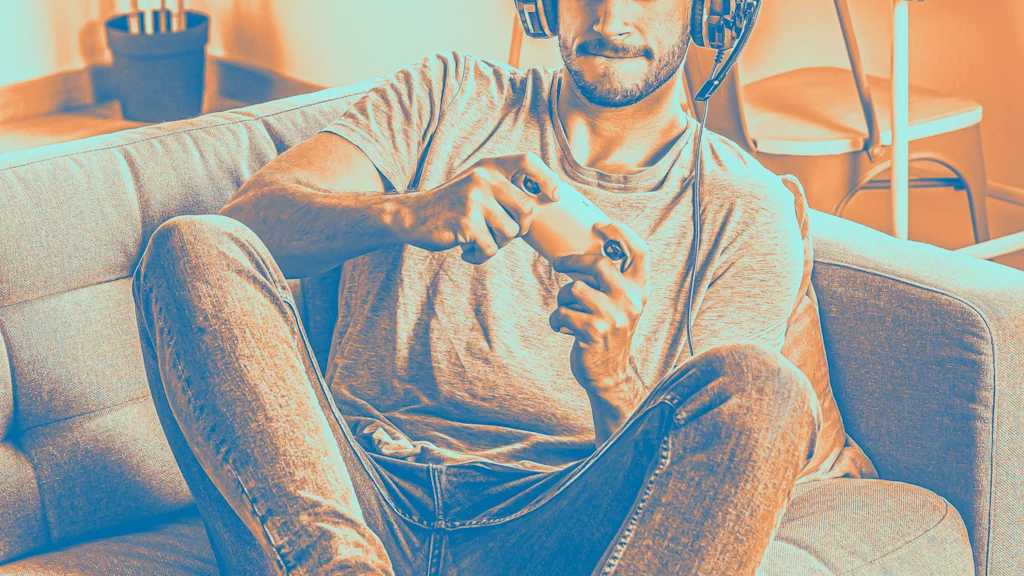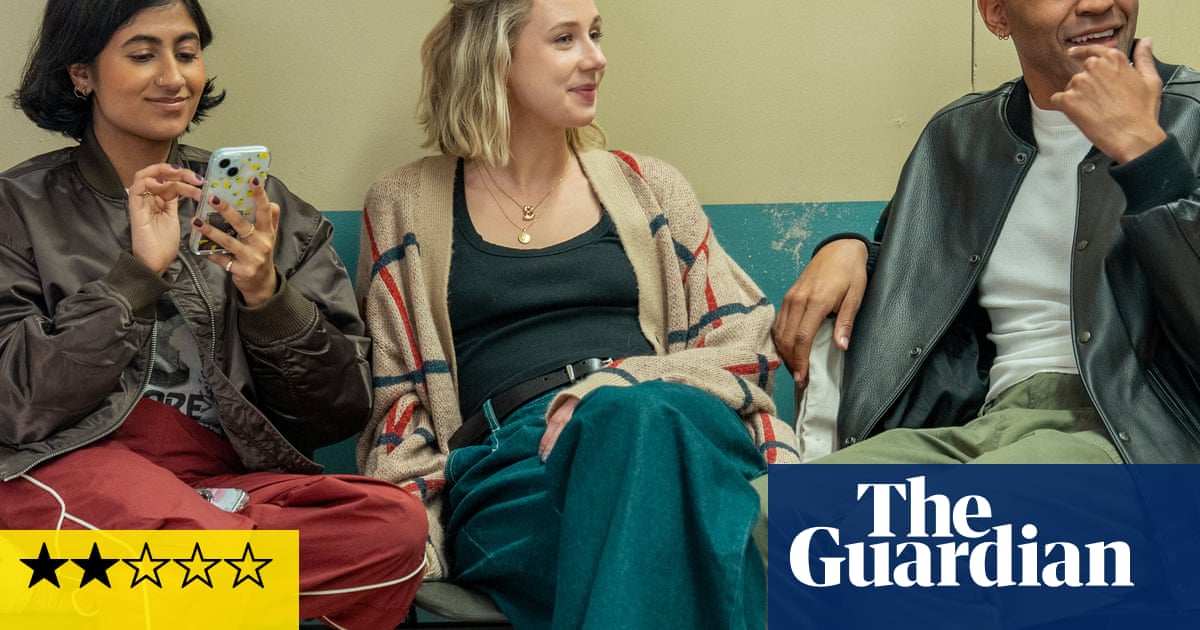fromIrish Independent
7 hours agoFamilies with working children at home could face council rent rises
Currently, the council's system involves 10pc of a household's overall income and a flat fee of €3. An additional 10pc is charged on any income from what are known as "subsidiary earners" - additional people in the household who earn over a certain salary range. It applies to those earning more than the council's social housing income eligibility threshold, which ranges between €40,000 and €47,000 depending on the number of family members.
Real estate
